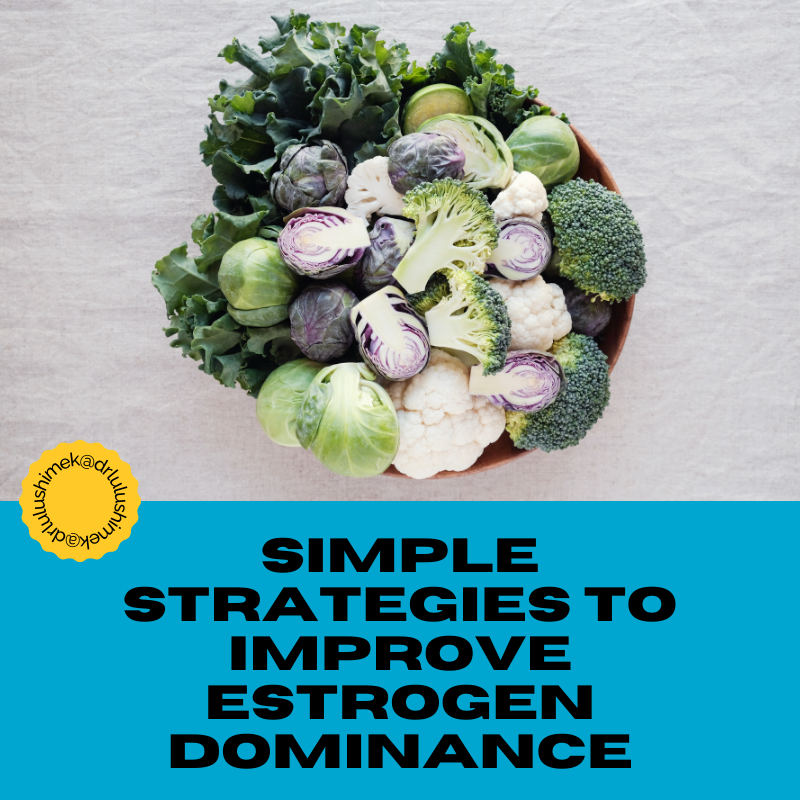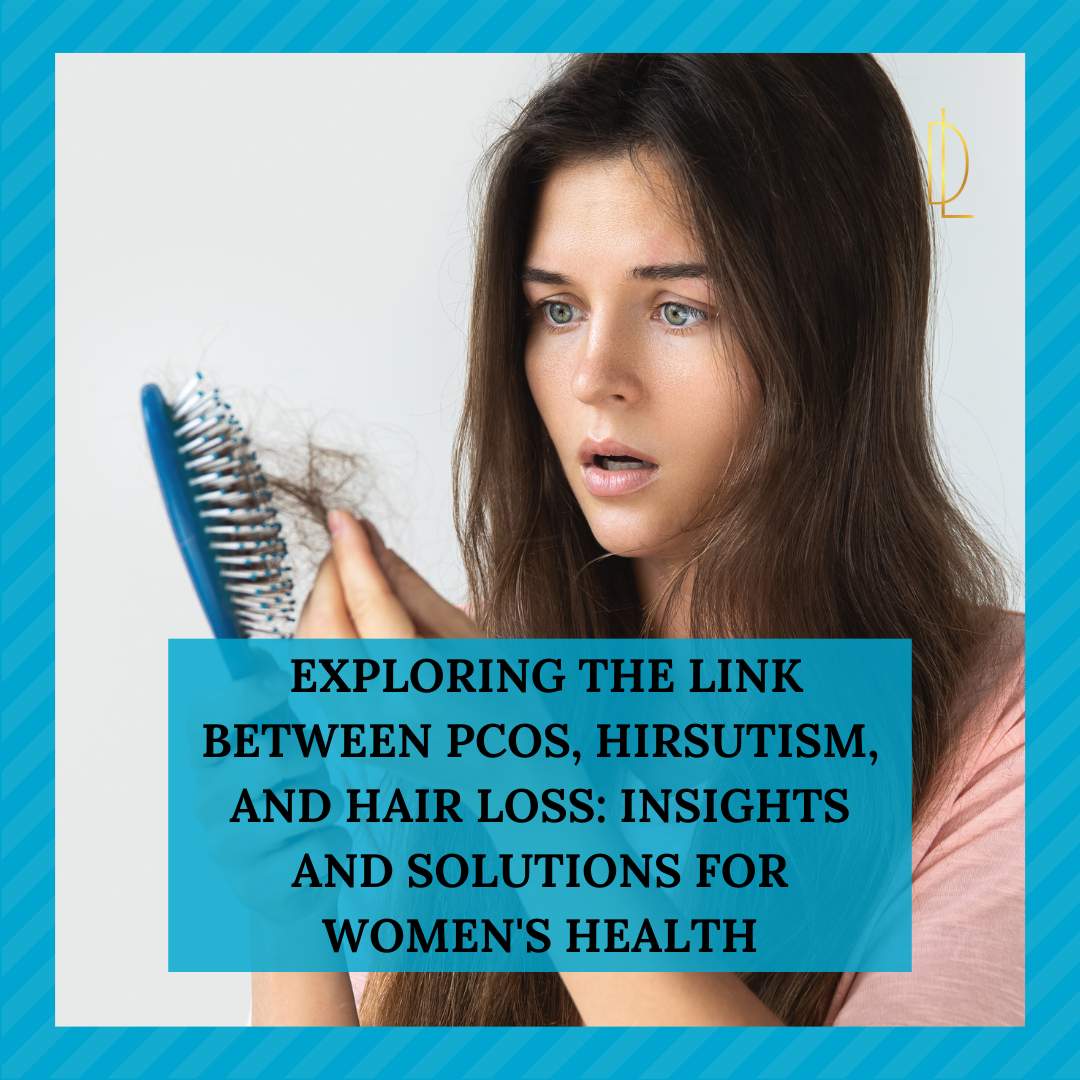Perimenopause comes with its fair share of challenges—from hot flashes and mood swings to that pesky vaginal dryness. Bioidentical hormones are gaining popularity as a "natural" way to manage these symptoms, but are they really the best choice? In this post, we’ll explore the pros and cons of bioidentical hormone therapy (BHRT) to help you make an informed decision about your hormone health during this pivotal time.
Read MoreVaginal Dryness During Perimenopause: Causes and Solutions
Experiencing vaginal dryness during perimenopause? As estrogen levels decline, many women face uncomfortable symptoms like dryness and itching. This article explores the causes of vaginal dryness, including hormone fluctuations, medications, and stress. Discover effective solutions such as lubricants, moisturizers, and hormone therapy to restore comfort and intimacy naturally. Learn how to communicate with your partner and when to seek professional help. Dr. LuLu shares expert advice backed by research to help you navigate this phase of life with confidence.
Read MoreHormonal imbalances can be triggered by a range of factors, including stress, poor diet, lack of sleep, and environmental toxins. While hormone issues can feel overwhelming, the good news is that there are several key strategies you can use to restore balance and promote optimal hormone health
Read MoreHormone balance is crucial for overall health and well-being in both men and women. When hormones like estrogen and testosterone become imbalanced, it can lead to a range of symptoms and health issues. In recent years, supplements like estrogen blockers and testosterone boosters have gained popularity as potential solutions for hormone imbalances. But what exactly are these supplements, and how do they work?
Read MoreProgesterone is a vital hormone that plays a crucial role in regulating the menstrual cycle, supporting pregnancy, and maintaining overall hormone balance in women. When progesterone levels are low, it can lead to a range of symptoms, such as irregular periods, PMS, fertility issues, and menopausal discomfort. While lifestyle changes like stress management, healthy eating, and regular exercise can help support natural progesterone production, sometimes additional support is needed
Read MoreHormone imbalances can cause a variety of unpleasant symptoms, from mood swings and fatigue to weight gain and skin issues. While there are many factors that can contribute to hormone imbalances, such as stress, lack of sleep, and environmental toxins, diet plays a crucial role in supporting hormone health. One effective way to reset your hormones and promote balance is through a hormone balancing cleanse.
Read MorePostpartum hormonal changes can lead to a range of physical and emotional symptoms, such as mood swings, fatigue, hair loss, and weight retention. While it's normal to experience some degree of hormonal fluctuation after giving birth, there are several lifestyle strategies you can use to support hormone balance and promote overall postpartum wellness.
Read MoreChronic inflammation is a common root cause of many health issues, including hormonal imbalances. When our bodies are in a constant state of inflammation, it cae of many health issues, including hormonal imbalances. When our bodies are in a constant state of inflammation, it can disrupt the delicate balance of our hormones, leading to a wide range of symptoms like fatigue, mood swings, irregular periods, and weight gain. The good news is that we can use food as medicine to reduce inflammation and support healthy hormone function.
Read MoreAs women, our monthly hormone cycles can greatly impact our overall health, well-being, and quality of life. From PMS symptoms to irregular periods, hormone imbalances can cause a wide range of physical and emotional symptoms that can disrupt our daily lives. The good news is that there are several simple tricks you can use to improve your monthly hormone cycles and alleviate common symptoms naturally
Read MorePremenstrual syndrome (PMS) is a common condition that affects many women during their reproductive years. Symptoms can range from mild to severe and may include mood swings, bloating, cramps, fatigue, and food cravings.
Read MoreAs women navigate the challenges of hormonal changes, particularly during menopause, many seek out natural alternatives to conventional hormone replacement therapy (HRT). Two popular options are phytoestrogens and bioidentical hormones.
Read MoreWhen progesterone levels are low, it can lead to a range of symptoms that can impact quality of life. Let’s explore some of the most common signs of low progesterone and what you can do to naturally boost your levels and find relief.
Read MoreHormonal imbalances can cause a wide range of symptoms, from fatigue and weight gain to mood swings and irregular periods. While conventional treatments often rely on synthetic hormones or medication, there are many natural approaches that can help support hormone balance and alleviate symptoms.
Read MoreEstrogen dominance is a common hormonal imbalance that occurs when the body has too much estrogen relative to progesterone. This can lead to a range of symptoms, such as heavy or irregular periods, bloating, mood swings, and increased risk of certain cancers.
Read MorePregnancy and the postpartum period can cause significant changes in hormone levels, particularly estrogen and progesterone. These changes can lead to symptoms such as mood swings, fatigue, and hair loss.
If you're experiencing symptoms of hormonal imbalance, it's important to work with a qualified holistic health practitioner to identify the underlying causes and develop a personalized treatment plan.
Read MoreHormonal imbalances can lead to a wide range of symptoms, from mood swings and fatigue to irregular periods and skin issues. While many factors can contribute to hormonal imbalances, incorporating certain herbs into your diet or supplement routine may help support hormone regulation.
Read More
















